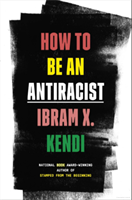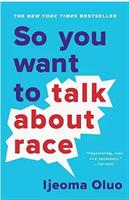Outreach, Diversity, and Inclusion
Our center’s team meets once a month to discuss opportunities for Outreach, Diversity, and Inclusion. We started meeting in September of 2020 to foster strategic planning, goals, and objectives. We are always looking to invite and welcome members of the community to our meetings to expand our center’s presence and mission in ways to positively affect diversity and inclusion. We welcome diverse viewpoints and perspectives to help our center and promote innovation. We want to empower our employees and community to work together with a sense of belonging. If you would like to attend any of our monthly meetings or discuss opportunities for Outreach, Diversity and Inclusion, please reach out to Polly Serrano by email at polly.serrano@cuanschutz.edu or by phone at (303)724-9020.
The CU Alzheimer's and Cognition Center's Antiracism Statement
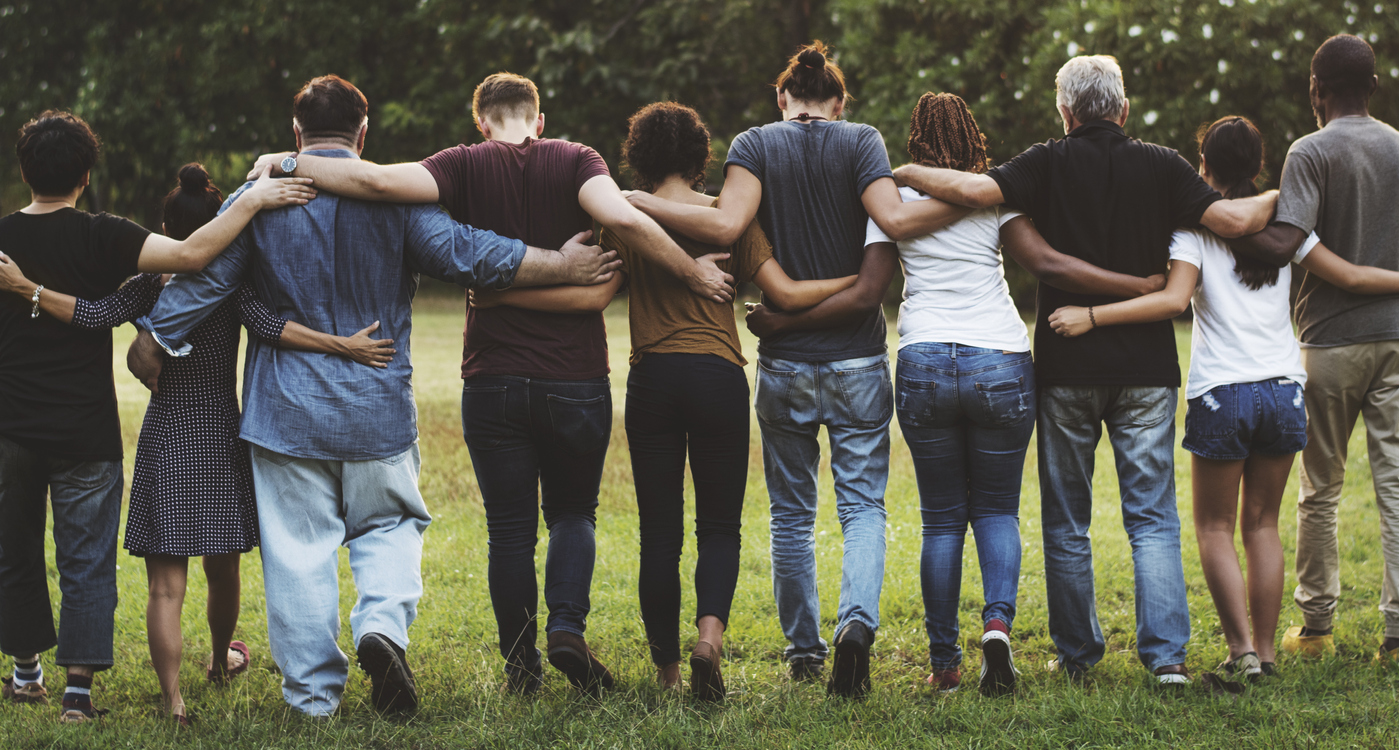
Community Engagement Collaborations
4AC
The CU Alzheimer's and Cognition Center collaborates with the African American Alzheimer's Advisory Council (4AC). The African American Alzheimer’s Advisory Council (4AC) was established in 2018 to help dispel the stigma of Alzheimer’s disease and dementia, and increase awareness for caregivers in the Colorado African American community, through education and outreach efforts. Learn more about the 4AC and their goals here.
ECHAR network
The CU Alzheimer's and Cognition Center is in collaboration with the ECHAR Network, under the leadership of Dr. Luis Medina at the University of Houston. The acronym ECHAR stands for Engaging Communities of Hispanics for Aging Research (ECHAR) Network. ECHAR, a Spanish verb, with several definitions such as “to cast/throw”, “to put”, “to oust” and “to lay” that is fitting given that the Network proposes goals to lay out a plan for better health communications and to oust health disparities. Please visit www.echarnetwork.com to find out more.
Follow along with our book club
Fall 2020 Book:
How to Be an Antiracist by Ibram X. Kendi
"Ibram X. Kendi's concept of antiracism reenergizes and reshapes the conversation about racial justice in America -- but even more fundamentally, points us toward lierating new ways of thinking about ourselves and each other. Instead of working with the policies and system we have in place, Kendi asks us to think about what an antiracist society might look like, and how we can play an active role in building it." -- book description from ibramxkendi.com
Additional information on the book can be found here.
Winter 2021 Book (2 sessions):
Caste: The Origins of our Discontent by Isabel Wilkerson
"A book steeped in empathy and insight, Caste explores, through layered analysis and stories of real people, the structure of an unspoken system of human ranking and reveals how our lives are still restricted by what divides us centuries ago...Wilkerson rigorously defines eight pillars that underlie caste systems across civilizations, including divine will, heredity, and dehumanization. She documents the parallels with two other hierarchies in history, those of India and of Nazi Germany, and no reader will be left without a greater understanding of the price we all pay in a society torn by artificial divisions." -- book description from isabelwilkerson.com
Spring 2021 Book:
So You Want To Talk About Race by ljeoma Oluo
"In this New York Times bestseller, Ijeoma Oluo offers a hard-hitting but user-friendly examination of race in America...
In So You Want to Talk About Race, Ijeoma Oluo guides readers of all races through subjects ranging from intersectionality and affirmative action to "model minorities" in an attempt to make the seemingly impossible possible: honest conversations about race and racism, and how they infect almost every aspect of American life." -- book description from ijeomaoluo.com

Summer 2021 Book:
The Hate You Give by Angie Thomas
Sixteen-year-old Starr Carter moves between two worlds: the poor neighborhood where she lives and the fancy suburban prep school she attends. The uneasy balance between these worlds is shattered when Starr witnesses the fatal shooting of her childhood best friend Khalil at the hands of a police officer. Khalil was unarmed.
Soon afterward, his death is a national headline. Some are calling him a thug, maybe even a drug dealer and a gangbanger. Protesters are taking to the streets in Khalil’s name. Some cops and the local drug lord try to intimidate Starr and her family. What everyone wants to know is: what really went down that night? And the only person alive who can answer that is Starr.
But what Starr does—or does not—say could upend her community. It could also endanger her life. -- book summary from angiethomas.com
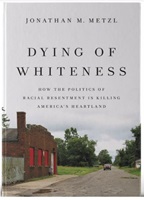
Fall 2021 Book:
Dying of Whiteness: How the Politics of Racial Resentment is Killing America's Heartland by Jonathan M. Metzl
"With the rise of the Tea Party and the election of Donald Trump, many middle- and lower-income white Americans threw their support behind conservative politicians who pledged to make life great again for people like them. But as Dying of Whiteness shows, the right-wing policies that resulted from this white backlash put these voters’ very health at risk—and in the end, threaten everyone’s well-being.
Physician and sociologist Jonathan M. Metzl travels across America’s heartland seeking to better understand the politics of racial resentment and its impact on public health. Interviewing a range of Americans, he uncovers how racial anxieties led to the repeal of gun control laws in Missouri, stymied the Affordable Care Act in Tennessee, and fueled massive cuts to schools and social services in Kansas." -- book description from dyingofwhiteness.com
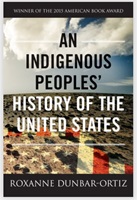
Upcoming Book for November:
An Indigenous Peoples' History of the United States by Roxanne Dunbar-Ortiz
"...Acclaimed historian and activist Roxanne Dunbar-Ortiz offers a history of the United States told from the perspective of Indigenous peoples and reveals how Native Americans, for centuries, actively resisted expansion of the US empire...
...In An Indigenous Peoples’ History of the United States, Dunbar-Ortiz adroitly challenges the founding myth of the United States and shows how policy against the Indigenous peoples was colonialist and designed to seize the territories of the original inhabitants, displacing or eliminating them...
...Spanning more than four hundred years, this classic bottom-up peoples’ history radically reframes US history and explodes the silences that have haunted our national narrative." -- pieces of book description from penguinrandomhouse.com
